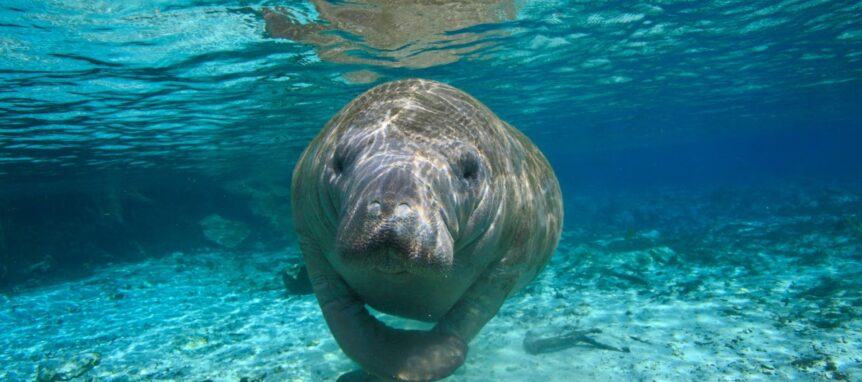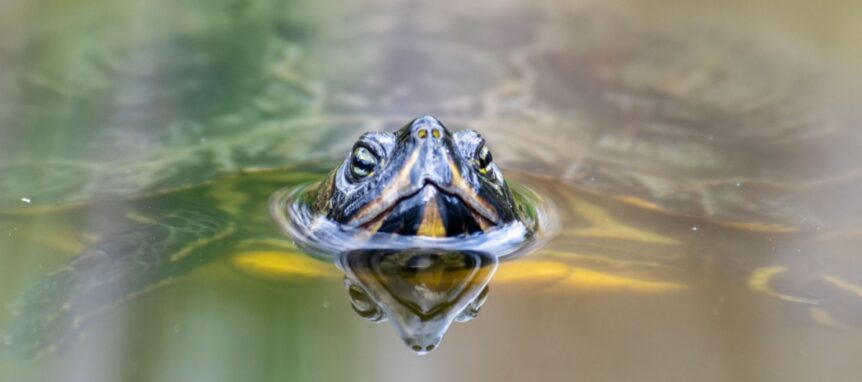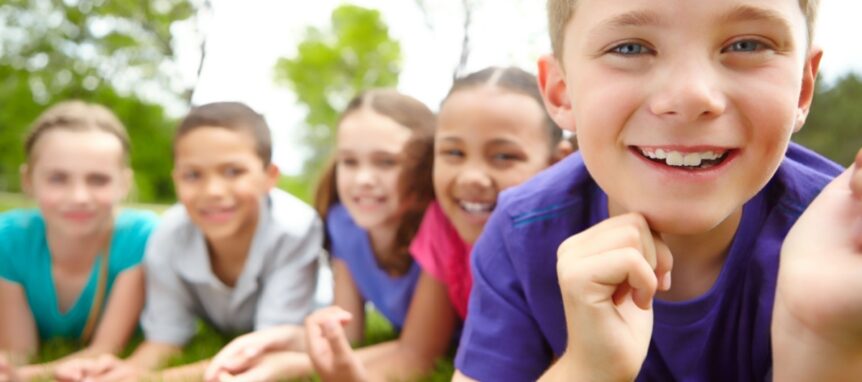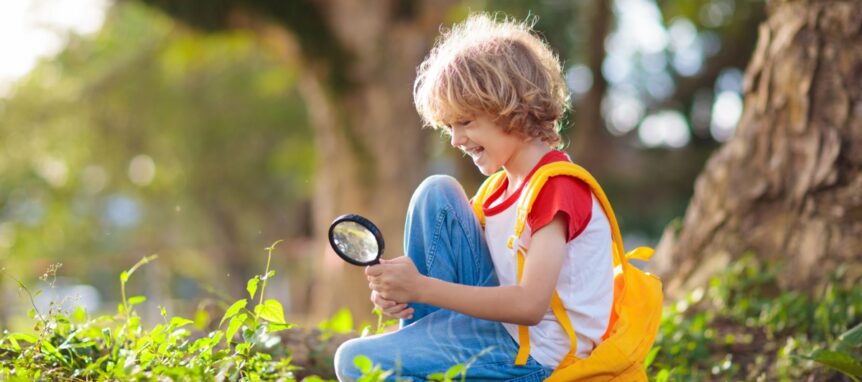Florida is home to many fascinating animals, but few capture the hearts of children and adults quite like the manatee. These gentle giants are slow-moving, curious, and surprisingly graceful as they navigate the warm coastal waters and rivers of the Sunshine State. For campers and nature enthusiasts alike, spotting a manatee in the wild is an unforgettable experience, and one …
Meet Florida’s Turtles: A Guide to the Sunshine State’s Shell-Dwelling Residents
Florida’s diverse ecosystems are home to an incredible variety of wildlife, and turtles are among the most fascinating of them all. From sandy beaches and freshwater lakes to brackish estuaries and pine forests, different types of turtles can be found across the state, each playing a vital role in the local environment. For children and adults alike, learning about turtles …
From Shy to Confident: How Camp Helps Kids Step Into Themselves
Not every child is outgoing from the start. Many begin their camp experience with hesitation, nervousness, or even fear of stepping into a new environment with unfamiliar faces. But in the supportive, playful, and inclusive world of camp, something extraordinary happens: kids begin to shed those insecurities and step into a more confident version of themselves. Camp is not just …
Eco-Ethics: Teaching Kids to Care for the Planet Through Camp Activities
Teaching children to care for the environment is more than just a lesson, it’s a lifelong value that shapes their actions and decisions. In today’s world, where issues like climate change, pollution, and habitat loss are more pressing than ever, raising environmentally responsible young people is essential. Camps provide a unique opportunity to nurture eco-ethics in kids through immersive experiences, …
Nature’s Classroom: Why Outdoor Education Should Be Part of Every Child’s Year
Modern classrooms are filled with technology, structure, and academic rigor, but something essential is often missing: meaningful time outdoors. Outdoor education offers more than a break from the routine; it immerses children in hands-on experiences that stimulate curiosity, develop resilience, and foster a lifelong love for learning. Nature becomes the ultimate teacher, offering valuable lessons in science, social skills, creativity, …





